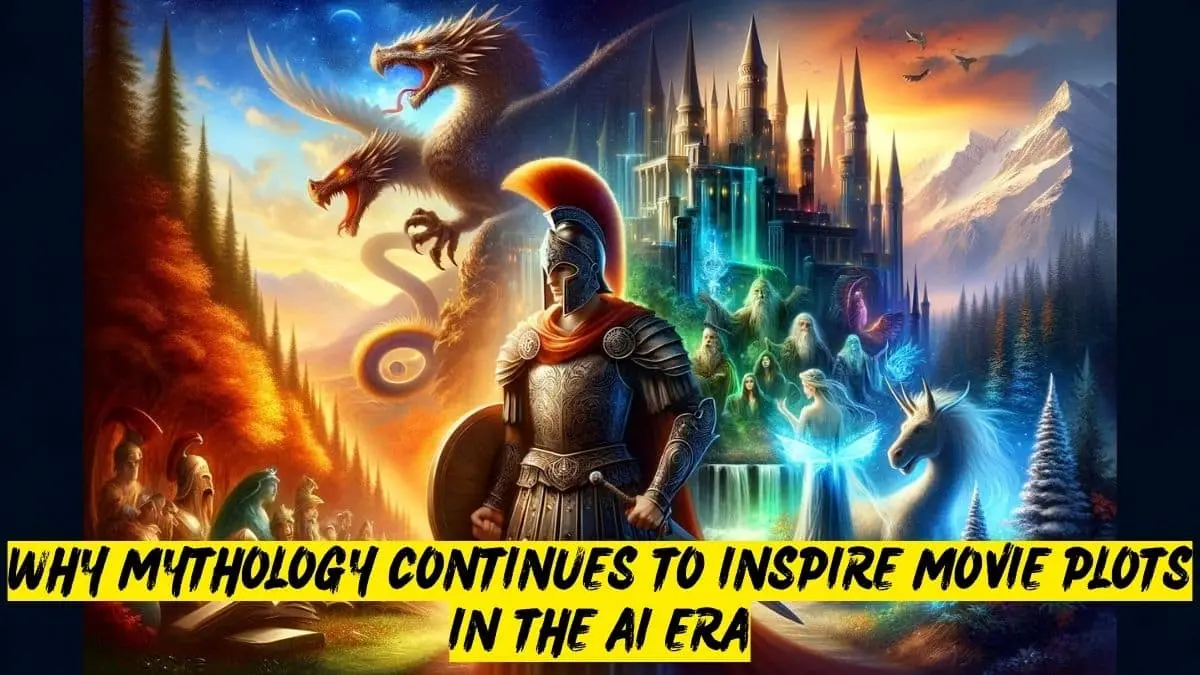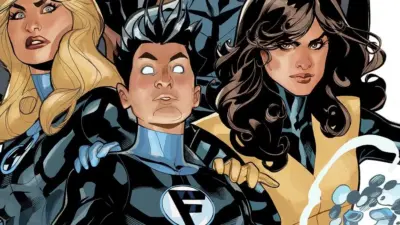In an age dominated by technological advancements and artificial intelligence, one might expect the narratives and stories told through the medium of film to lean heavily into the future. However, mythology, with its ancient gods, epic battles, and timeless tales of heroism, continues to serve as a fertile ground for cinematic storytelling. This article explores the reasons of Why Mythology Continues to Inspire Movie Plots in the AI Era, highlighting the universality of mythological themes, the human quest for meaning, and the technological reinvention of ancient narratives.
The Timeless Appeal of Mythological Themes
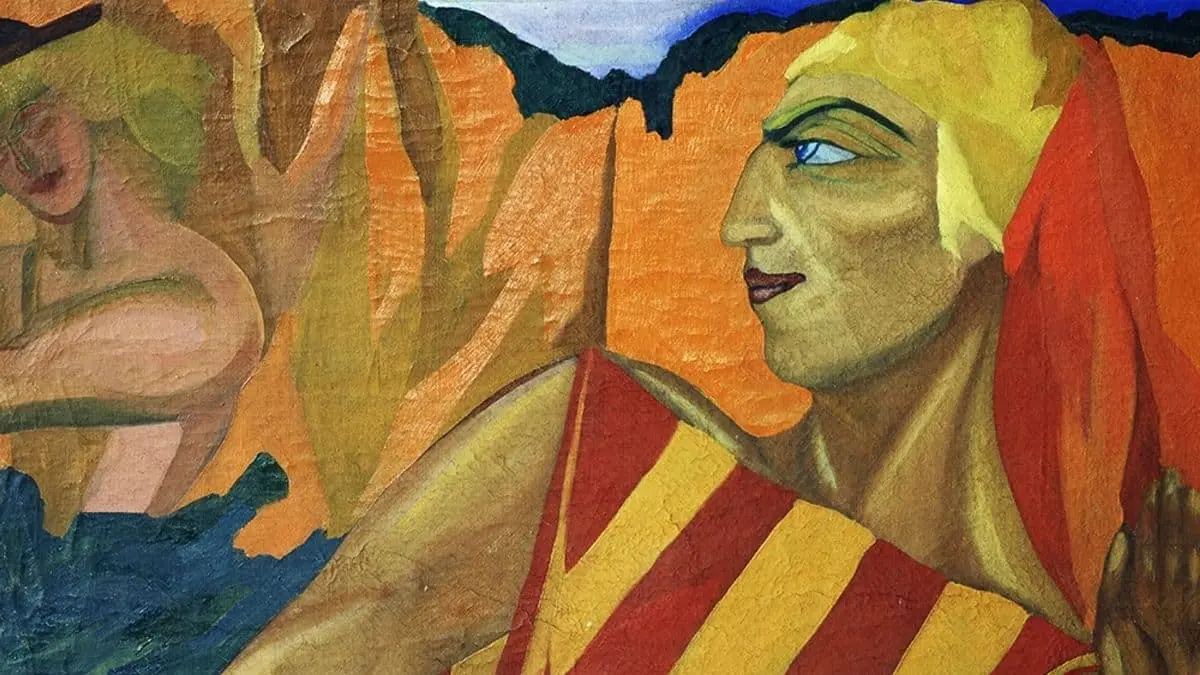
Mythology, across various cultures, has always offered a rich tapestry of Stories that speak to the fundamental aspects of the human experience. Themes of love, betrayal, adventure, sacrifice, and the quest for immortality pervade these ancient narratives, offering a reflection of our deepest fears and highest aspirations.
Movies that draw on these themes tap into a collective unconscious, resonating with audiences on a profound level that transcends time and technology. This timeless appeal ensures that mythological Stories remain relevant, providing a vast reservoir of inspiration for filmmakers seeking to explore the universal questions of existence.
Universal Archetypes and the Hero’s Journey
Central to the appeal of mythology in film is the concept of the hero’s journey, a narrative framework identified by mythologist Joseph Campbell. This framework, found in myths worldwide, outlines a hero’s call to adventure, confrontation with challenges, and eventual return home, transformed.
Movies that echo this structure, such as the “Star Wars” saga or “The Matrix,” offer viewers a sense of familiarity, satisfying the human appetite for Stories that reflect our own life journeys. The archetypal characters and themes found in mythology provide a blueprint for storytelling that is both deeply satisfying and infinitely adaptable.
The Quest for Meaning in a Technological World
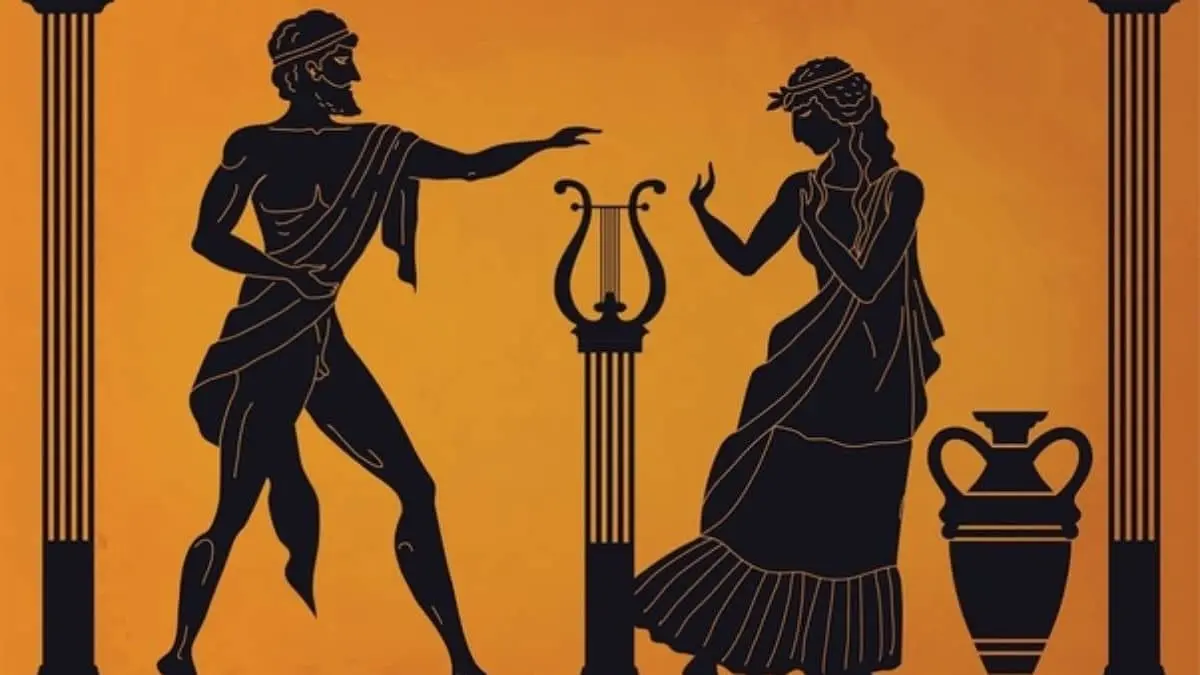
As we navigate the complexities of the AI era, the need for stories that ponder existential questions becomes more acute. Mythology, with its exploration of themes such as creation, destiny, and the relationship between humans and the divine, offers a space to contemplate these issues.
Films that draw from mythological sources offer audiences a way to engage with the moral and philosophical dilemmas posed by advances in technology, from the ethics of artificial intelligence to the nature of consciousness. By rooting these contemporary issues in ancient narratives, filmmakers create a bridge between the past and the present, inviting reflection on what it means to be human in a rapidly changing world.
Technological Reinvention of Ancient Narratives
The advancements in technology, particularly in the recent times of CGI and AI, have opened new horizons for the retelling of mythological stories. Filmmakers now have the tools to bring the fantastical elements of mythology to life with unprecedented realism and creativity.
This technological reinvention allows for a reimagining of ancient tales, making them accessible and engaging for modern audiences. Moreover, the use of AI in storytelling, from scriptwriting to visual effects, enables a more nuanced exploration of mythological themes, potentially leading to innovative narratives that resonate with contemporary sensibilities.
The Role of Mythology in Cultural Identity and Continuity
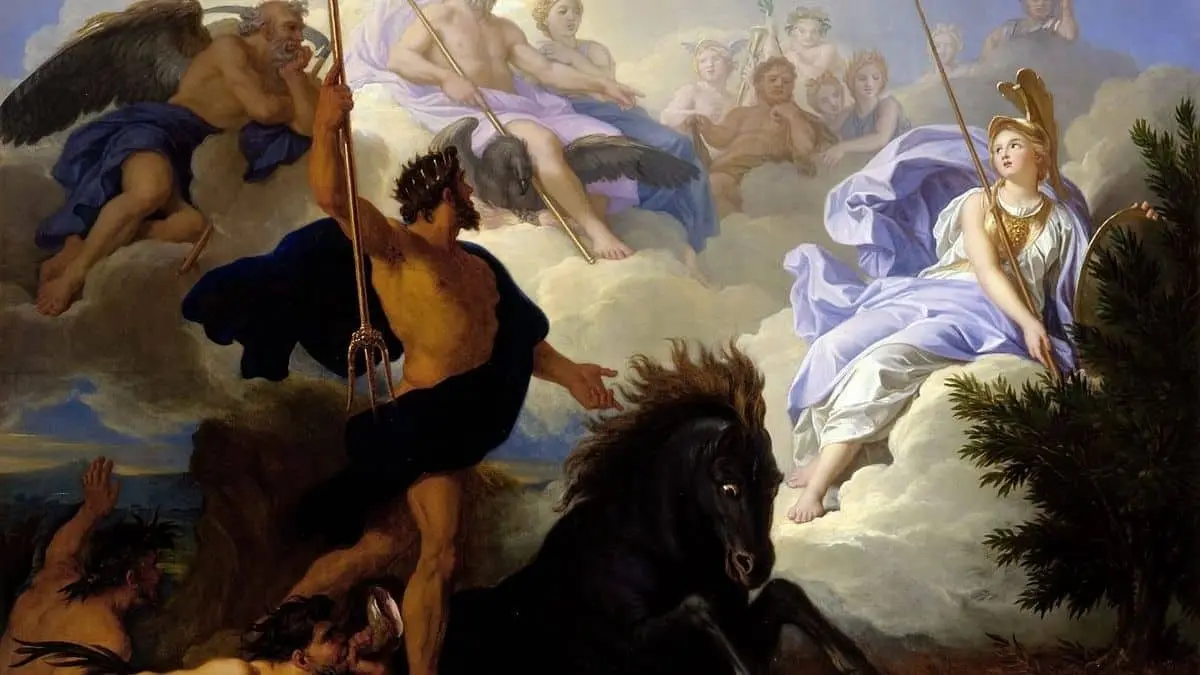
Mythology serves not only as a source of entertainment but also as a means of cultural preservation and identity. In an era where globalisation and digitalisation threaten to homogenise cultures, movies based on mythology can play a crucial role in keeping these ancient stories alive.
They offer a way to celebrate and disseminate cultural heritage, ensuring that the wisdom and insights of the past are not lost to future generations. Furthermore, the adaptation of mythological stories into film allows for cross-cultural dialogues, fostering a greater understanding and appreciation of the diversity of human storytelling.
Conclusion
Despite the march of technology and the advent of the AI era, mythology continues to inspire movie plots, drawing filmmakers and audiences alike into its timeless narratives. The universal themes, archetypal characters, and existential questions explored in these ancient tales offer a rich canvas for cinematic storytelling.
The technological advancements of our time, far from rendering these stories obsolete, have instead provided new tools for their reimagining, ensuring that they remain relevant and resonant. As we look to the future, it is clear that the stories of the past will continue to light our way, reminding us of our shared humanity and the enduring quest for meaning in an ever-changing world.
Also Read: How Authors Can Generate Income from Their Published Books

